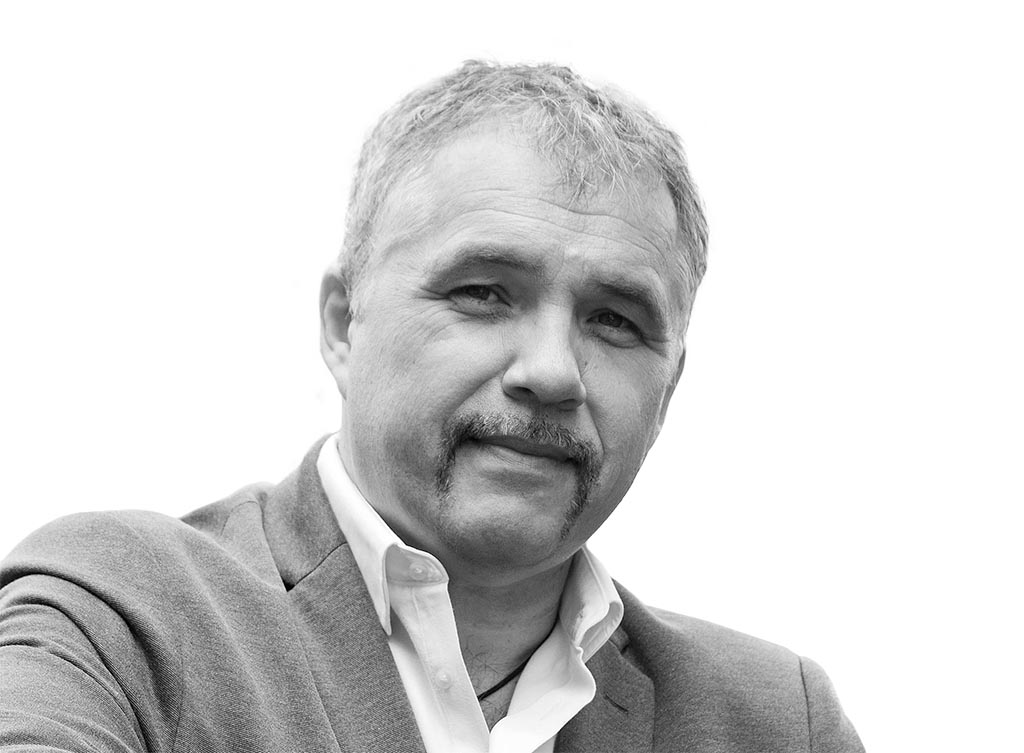By: Edvard Kadič
Referendum Sunday is behind us, when Slovenia decided FOR a fat government in dry times, FOR studies on aid instead of concrete aid to the elderly, and FOR a single-minded national media in times when, with all the fake news, we need pluralism like Sahara needs water.
But that is how it is. Each policy e.g., seeks to gain some influence over the national media. This is especially important because with a national media nobody has to pay anything out of their own pocket. If you want to influence e.g., Demokracija magazine, the easiest way to do this is to buy it. Everything else is questionable. This is not the case with the national media. In fact, it is the other way around. It is the one that dictates who will be able to buy who, because the one who buys is the one who has the money, and in Slovenian politics, the one who is at the bottom has the money, and the national media opens the way right there.
Even the often-praised ORF or the BBC are no exceptions. The key difference between Slovenia and Great Britain or Austria is not that there are greater saints abroad than us. The difference is that social agreements are respected in the mentioned countries, but not in Slovenia. In the mentioned democracies, they understand that the country is the homeland of everyone, left, right and those in between. If social agreements are not respected, there will be war. And they understand that everyone suffers in wars.
This is not the case in Slovenia. In our country, the transitional left owns this country as its feud. It has the money, it has the levers of power, and it has enough people who simply need jobs and in return do not care who or what they do. They also easily turn a blind eye to rules and agreements. Their masters naturally do not respect the agreements. After all, precisely because others respected the agreements, and they did not, they became shamelessly rich and pushed themselves to the very top of Slovenian society. This is their modus operandi. To expect anything else is foolish.
An interesting example, as an illustration of what has been said, is the announcement by the Minister of Justice, Dominika Švarc Pipan, that she will adjust the legislation in such a way that it will be possible to return the “illegal” punishments imposed on protesters during the covid crisis. I think this is bordering on madness, but in the logical and legal sense it is the so-called legal nonsense. If the penalties are illegal, nothing needs to be changed. The very concept of “illegal” nullifies everything. If the whole thing was really illegal, the fines could be back now. Obviously, they cannot, but the matter must be regulated “legally”, which means that they are not illegal and therefore justified. Understand if you can that the minister has to pay the bills to the activists who helped her get to the chair.
Last week, we had the opportunity to watch several confrontations surrounding the aforementioned referendums. Some confrontations were more interesting, others less so. The last confrontation at the national TV, led by Erika Žnidaršič, definitely deserves a special place on the list of interesting, and for some even bizarre things.
The confrontation was about the new law on the government, when the citizens were supposed to approve or reject the proposed increase in the number of ministries, as envisioned by the current government, in a referendum. On one side, we saw supporters of the proposed changes (Mesec, Švarc Pipan, Klakočar Zupančič), and on the other, opponents (Turk, Balažic, Primc…).
The comments were sometimes comical and sometimes offensive. Such an example was e.g., the insults of the speaker of the National Assembly, Urška Klakočar Zupančič, by commenting to the interlocutors that the words and actions of the opponents of the referendum present are based on xenophobia, homophobia, partly misogyny, and epistemophobia.
It is a public fumbling with concepts without moral responsibility. Such behaviour of the highest representatives of power gives momentum and wind to the sails of the lowest impulses in society, i.e., the impulses of hatred and destruction. If the highest representatives can mouth off so easily, if they can so easily regulate legislation for “ours”, then compliance with legislation at lower levels is actually madness.
Where such shameless lawlessness leads in the political struggle is best seen in the example of the Odmevi show host Luka Svetina. Posting photos of him walking the streets with his face crossed as someone who’s time has come is the last call to sanity. It is violence by political activists against specific persons or political parties. Look at how the dictionaries or Wikipedia define fascism and you will get a better idea of what I am talking about and where we are going. If you have the will to look at how the famous Kristallnacht came to be in Germany, even better. For those of you who do not have this will and think that this is something from prehistoric times, let me mention that at that time the Nazis started a great pogrom against the Jews. The fact that history is apparently not so distant is perhaps best illustrated by the Russian tanks that started rolling into Ukraine at the beginning of this year. We were all convinced that something like this could not happen again in Europe.
But so it is, I wrote at the beginning. The people elected Robert Golob and his promises. Golob supporters are now realising this in a way that Slovenia deserves after such a choice. Brutally, uncompromisingly, and in the following two years with much regret at the burden that Slovenian democracy placed on its shoulders.

